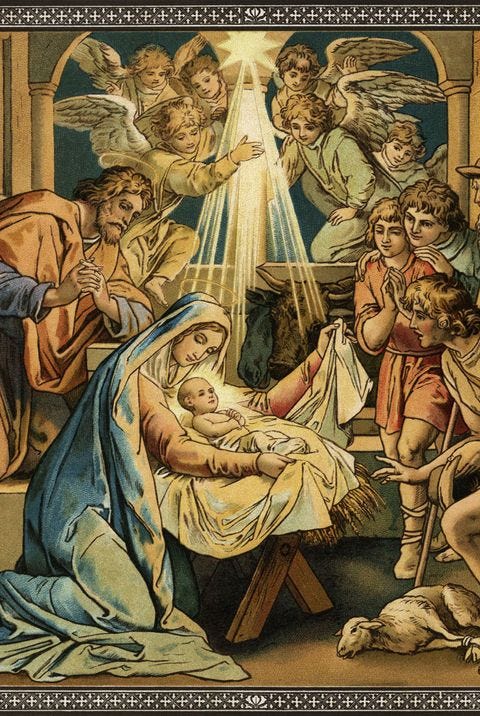Traditions are powerful things. The celebration of the birth of Christ is among some of the most long-standing and influential traditions in the world, even though they took several centuries to get up and going.
Traditions, however, are not static — they evolve over time and as cultures, languages, and societies change. Words and phrases that once had deep meaning no longer carry any contemporary meaning at all. Customs and rituals that once touched souls become tired practices of which people grow weary. Things that once held great significance get lost in the wave of progress, development, and contemporary concerns.
Christmas is no exception. It is our challenge as contemporary Christians to find ways to express the meaningfulness and significance of Christmas in ways that connect to the people in our time and place, wherever that may be. To do so, we need to know where our traditions came from, how they have developed, and how we can move forward — keeping some traditions intact, transforming other traditions as possible, and (perhaps) allowing some to be laid aside.
With that in mind, here are seven things you may or may not have known about the traditions surrounding our celebration of the birth of Immanuel, God with us.
1. Christmas wasn't always celebrated on December 25
While many Christians nowadays celebrate Christmas on December 25, that wasn’t (and for some still isn’t) always the case. No one knows the actual date of Jesus’ birth with certainty. Celebrating the birth of Christ wasn’t even a thing until centuries after the establishment of Christianity as a religion. Even so, many Biblical historians think it is likely that Jesus was born sometime in the spring.
It seems that December 25 was chosen not for historical accuracy but rather because the winter solstice already had any number of pagan festivals and celebrations (the festival of Saturnalia, for instance), which honored the agricultural god of Saturn and featured celebrations and gift-giving. If this is the case, December 25 may have been chosen in part as a way to make it easier for those converting from their pagan beliefs to Christianity—an alternative celebration, perhaps. Jews also had their Festival of Lights, Germans had a yule festival, and Celtic and Scandinavian legends also had events centered near this time of year.
2. Evergreen trees were an ancient tradition
Keep reading with a 7-day free trial
Subscribe to Do Everything In Love to keep reading this post and get 7 days of free access to the full post archives.




